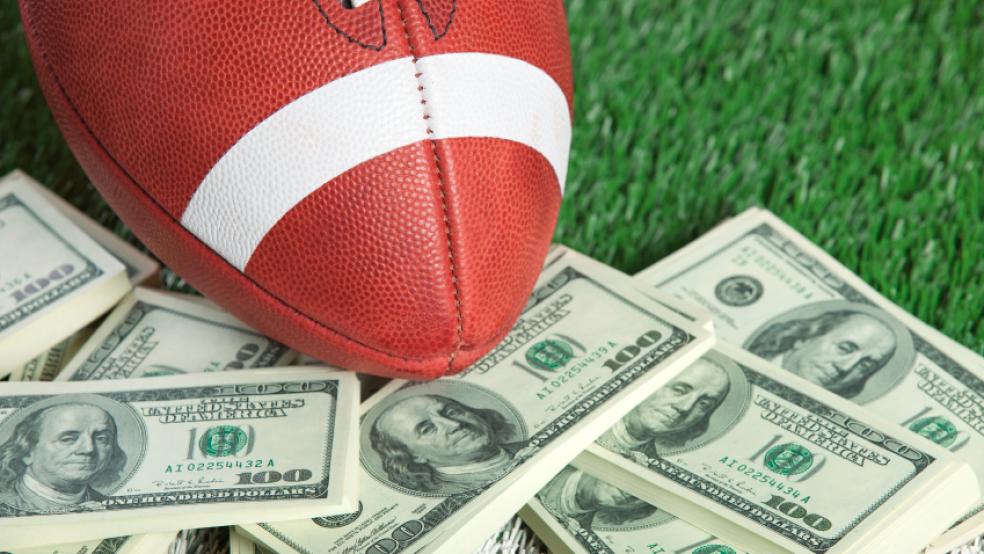The Supreme Court has cleared the way for more states to bet on sports gambling as a source of revenue.
In a 6-3 decision, the high court on Monday struck down as unconstitutional a 1992 federal ban on single-game sports gambling in most of the country. The case began with a lawsuit brought by former New Jersey Gov. Chris Christie, but it opens the door for other states to try to cash in on sports gambling as well.
"The question now is whether Congress will leave the states to make their own choices or will now try to enact some kind of federal regulation of sports betting," Steve Vladeck, a Supreme Court analyst and professor of law at the University of Texas School of Law, told CNN.
Here’s a rundown of what the Supreme Court decision will mean for states:
- The overall sports betting market is estimated at $150 billion, according to the American Gaming Association.
- Legalized sports betting could bring in $3.4 billion to states and local governments, according to a study by Oxford Economics commissioned by the American Gaming Association and cited by Bloomberg.
- New Jersey and Delaware are likely to be first to jump into this new market, but other states are also lining up to get in on the action. Connecticut, New York, Pennsylvania and West Virginia have puts laws on the books to allow them to move quickly once the court ruling was handed down, Bloomberg reports. It will likely take years for some states to work out their regulatory frameworks, but gambling research firm Eilers & Krejcik reportedly estimated that 32 states will legalize sports gambling in some capacity by 2023.
- Each state will set its own taxes on sports bets. Thus far, those taxes range from 7 percent to 34 percent. “Considering the widespread availability of illegal forms of betting, if tax rates are not calibrated correctly, we believe the regulated market's total handle--and win--will suffer as a result,” S&P Global Ratings analysts said in a report earlier this month.
This may not be a game-changer for states. The increased revenue they could see from allowing sports gambling probably wouldn’t result in any bond-rating upgrades, S&P Global Ratings reportedly said Monday. The earlier report from S&P noted that fully legal sports books in Nevada are just a small part of casino operations, accounting for about 3 percent of money wagered. In 2017, Nevada casino patrons wagered nearly seven times as much money in penny slots as they did through sports books, S&P said. And sports books aren’t very profitable. On top of that, illegal betting will likely continue even after legal options get rolled out.





